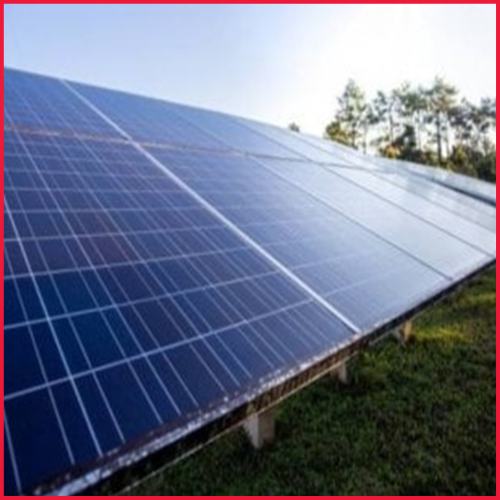Honda enters along with other market leaders namely Maruti Suzuki, Hyundai, Tata Motors, etc who have already announced their increase in year-end announcements.
Japanese automaker Honda has said it plans to raise prices for its entire lineup from January 2023. According to the news agency PTI, the company may raise vehicle prices by up to Rs 30,000 from January to compensate. offset some of the impacts of price increases input costs, and product preparation to meet upcoming more stringent emissions standards.
“After assessing the consistent increase in the input cost of raw materials and upcoming regulatory requirements, we will have to undergo a price revision for our products from January 23. The increment will be in the range of up to ₹30,000 and vary from model to model,” Honda Cars India Vice President (Sales and Marketing) Kunal Behl notified PTI.
The second phase of the BS-VI emission rules will come into effect in April 2023. Emissions regulations require vehicles to be equipped with self-diagnostic devices to monitor emissions levels while driving in real time.
The unit keeps a close eye on emissions by continuously monitoring key components such as the catalytic converter and oxygen sensor for compliance with emission standards.
In addition, the vehicles will also be equipped with fuel injectors that are programmed to control how much fuel is burned. This, in turn, controls when and how much fuel is injected into the gasoline engine.
Semiconductors used in vehicles also need to be upgraded to control throttle position, crankshaft position, intake pressure, engine temperature, and exhaust gases (PM, NOx, CO2, sulfur). etc.
As mentioned above, leading car manufacturers have also announced price hikes from January 2023. Hyundai Motor India Ltd (HMIL) recently said, “The company has continued to absorb rising costs, however (it) will now pass on a part of the input cost increase through a revision in prices across its model range.”
Read More –Super-luxury cars sales increased by 50%, an all-time high.














